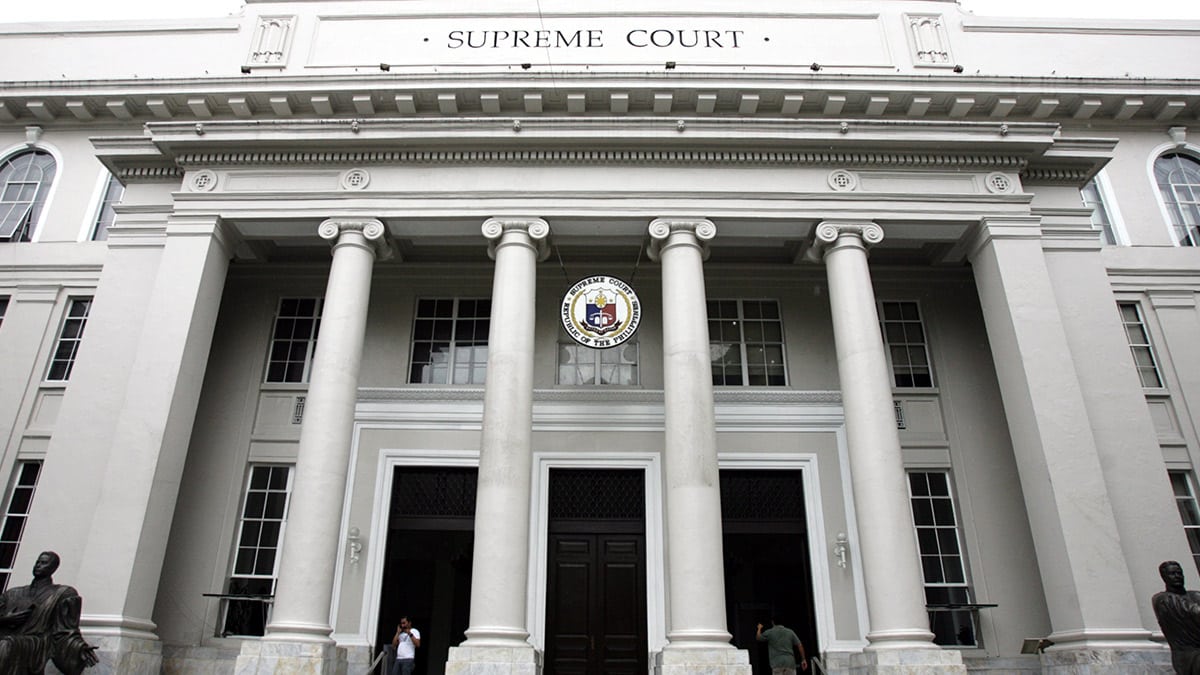
Inquirer file photo
MANILA, Philippines — The Supreme Court (SC) announced on Tuesday that it has affirmed the findings of the Commission on Audit (COA), stating that former employees of Metro Transit Organization, Inc. (Metro) cannot enforce their money claims against the Light Rail Transit Authority (LRTA).
In a statement, the SC Public Information Office said that the en banc ruled on July 23 that the LRTA cannot be held liable along with Metro for the back wages and separation pay of Sammy Malunes and other former Metro employees.
READ: SC tackles back pay for illegally dismissed probationary workers
Malunes and the other employees lost jobs as the LRTA did not renew its management contract with Metro.
They subsequently filed a case against the LRTA and Metro for alleged illegal dismissal and unfair labor practices, among other charges.
“The Labor Arbiter ruled that their dismissal was illegal and ordered Metro and the LRTA to pay Malunes et al. separation pay and back wages amounting to P208,235,682.72,” the SC said.
“The National Labor Relations Commission (NLRC) dismissed Metro’s and the LRTA’s separate appeals for failing to post the required bond,” it added.
However, the Court of Appeals held that the Labor Arbiter and the NLRC have no jurisdiction over the LRTA.
This is because the LRTA is a government-owned and controlled corporation with an original charter, meaning it is governed by the Civil Service Law and not the Labor Code.
“As a result, the CA reversed the rulings of the Labor Arbiter and the NLRC insofar as these held the LRTA liable together with Metro for the dismissal of the workers,” the SC said.
“Malunes et al. later filed a petition for money claims before the COA to enforce the NLRC’s judgment award against Metro and the LRTA. The COA denied their petition, citing the Court’s decision in G.R. No. 182928. The COA also denied their money claim against Metro as it is now a defunct government agency with no funds to disburse,” it added.
Malunes and the other employees then filed the present petition before the Court to challenge the COA’s ruling, which was eventually dismissed.

